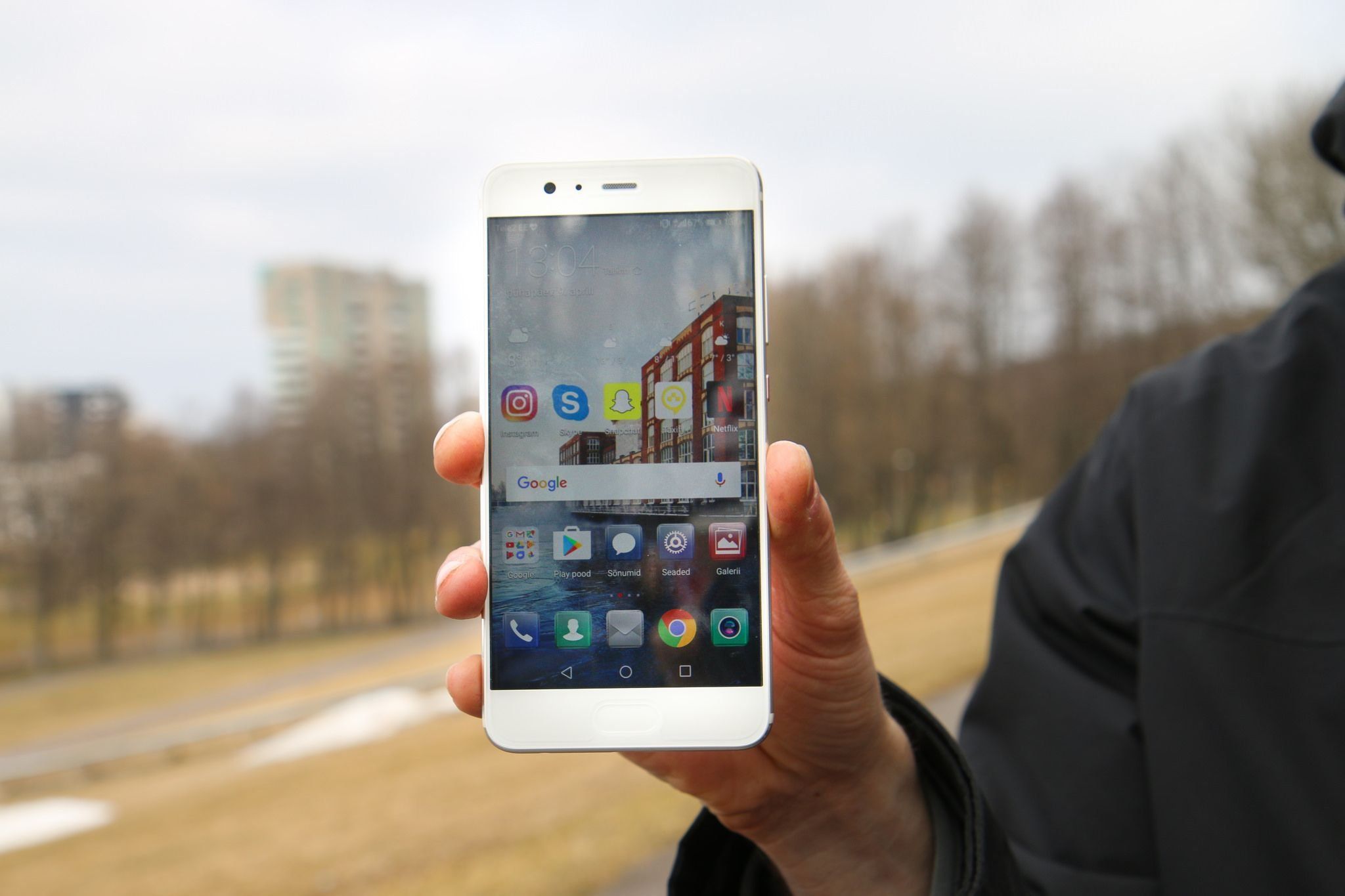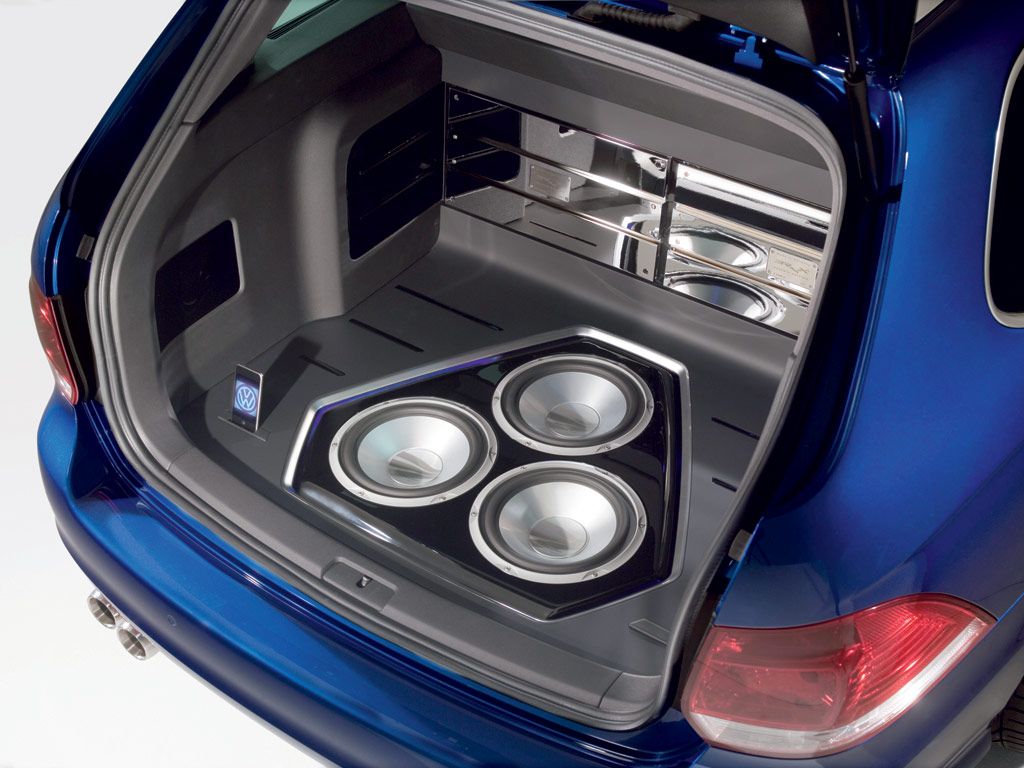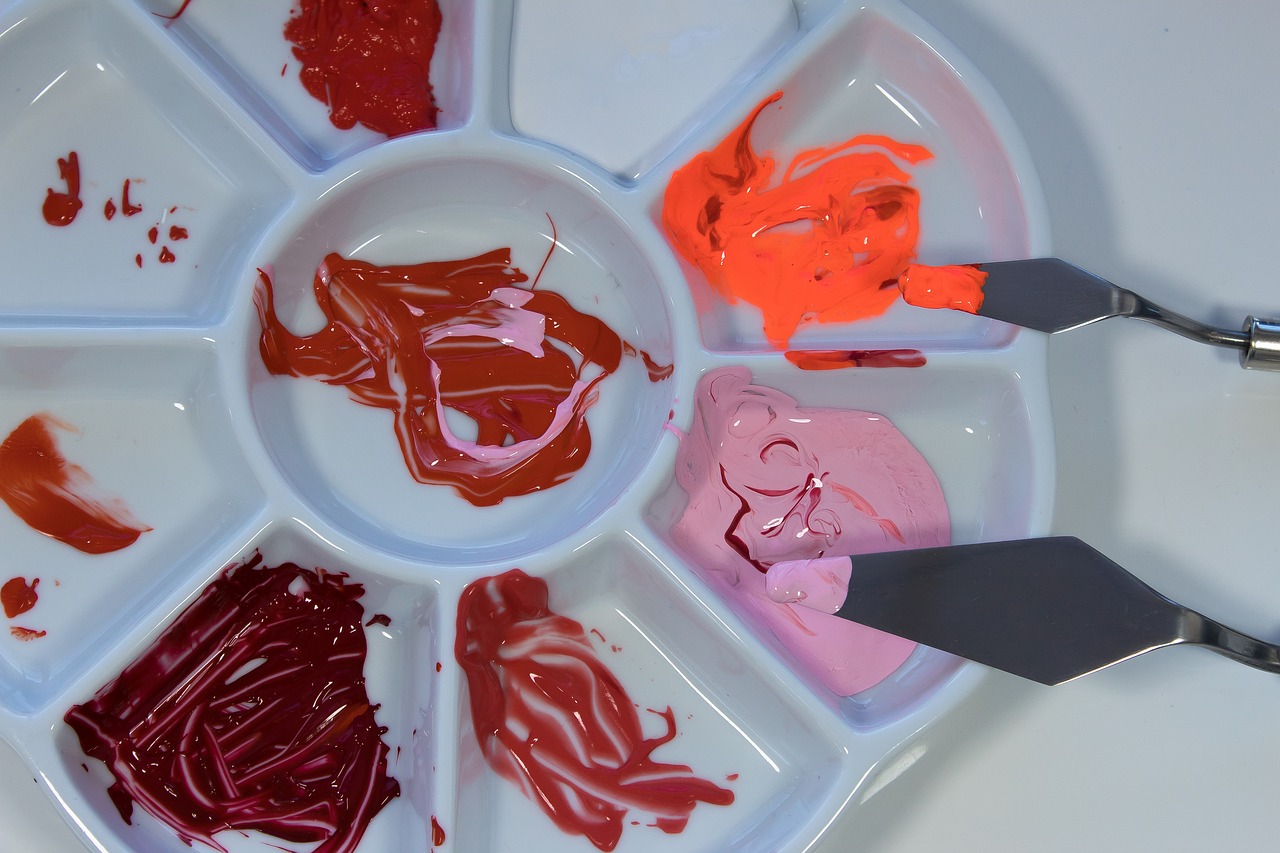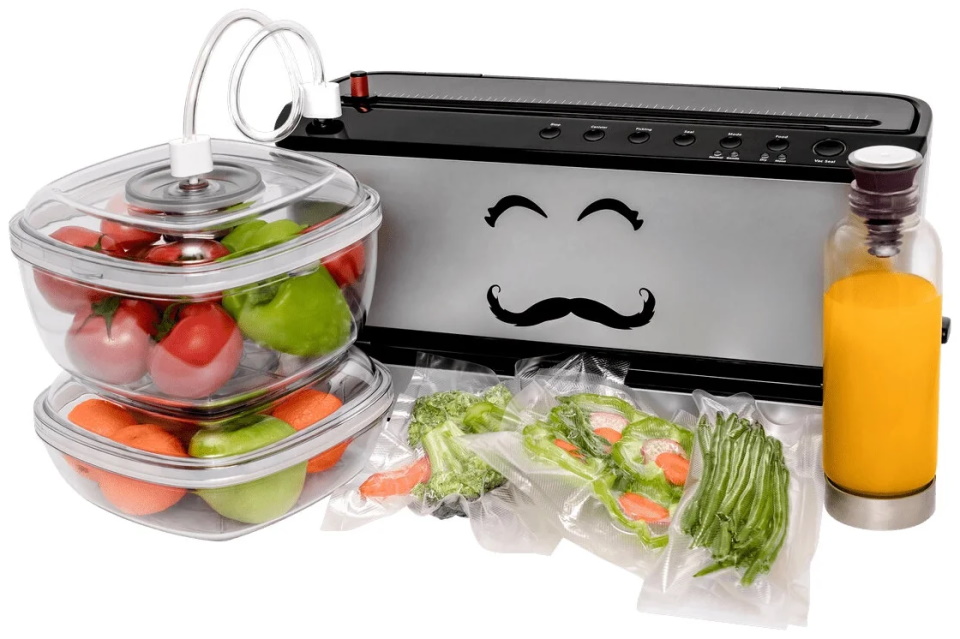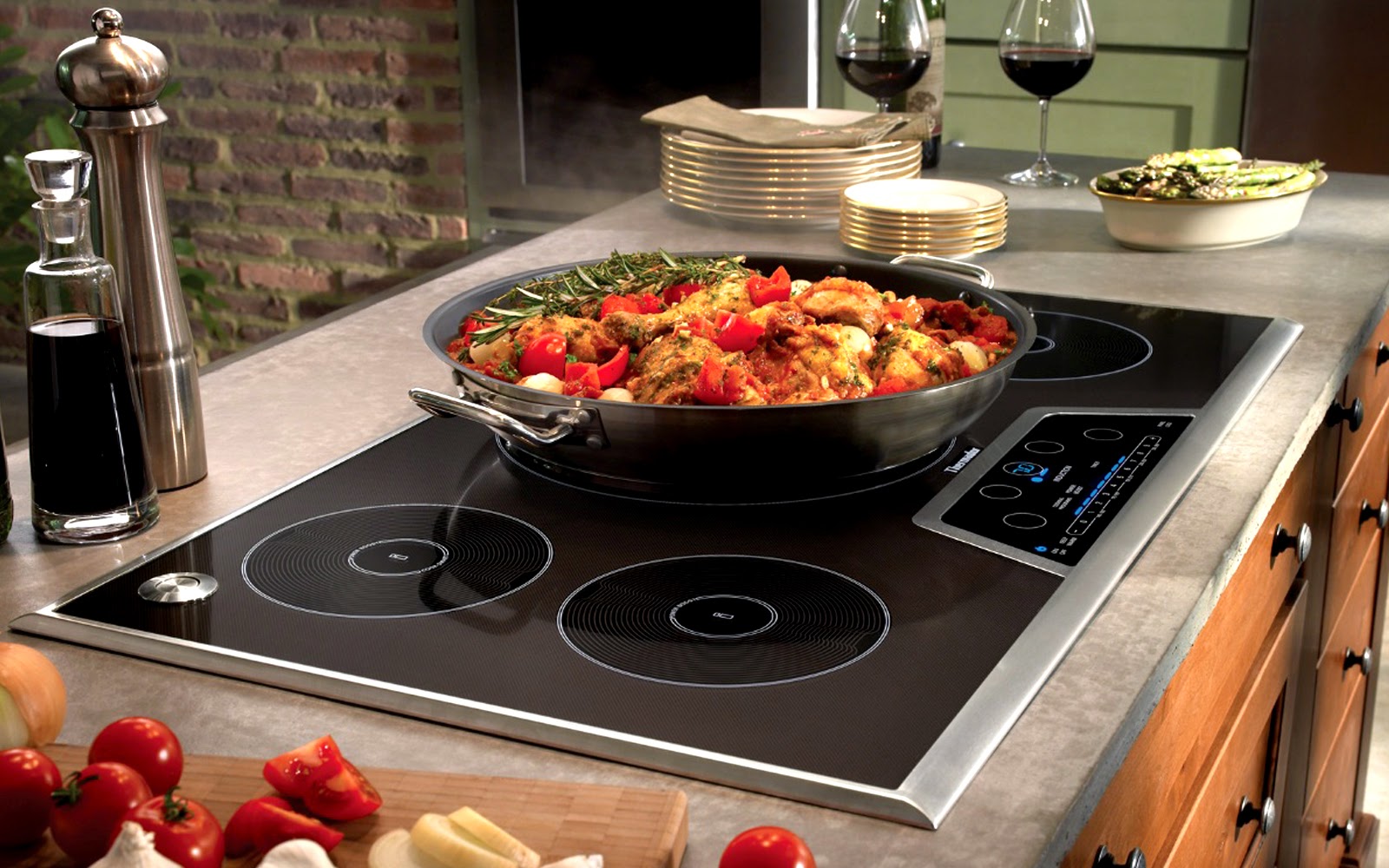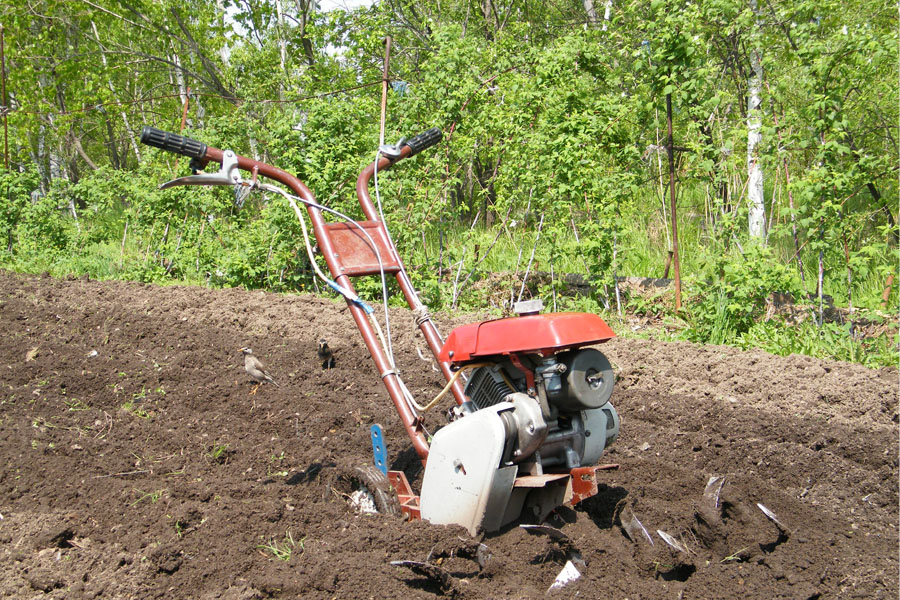Rating of the best shell mosaic for 2022
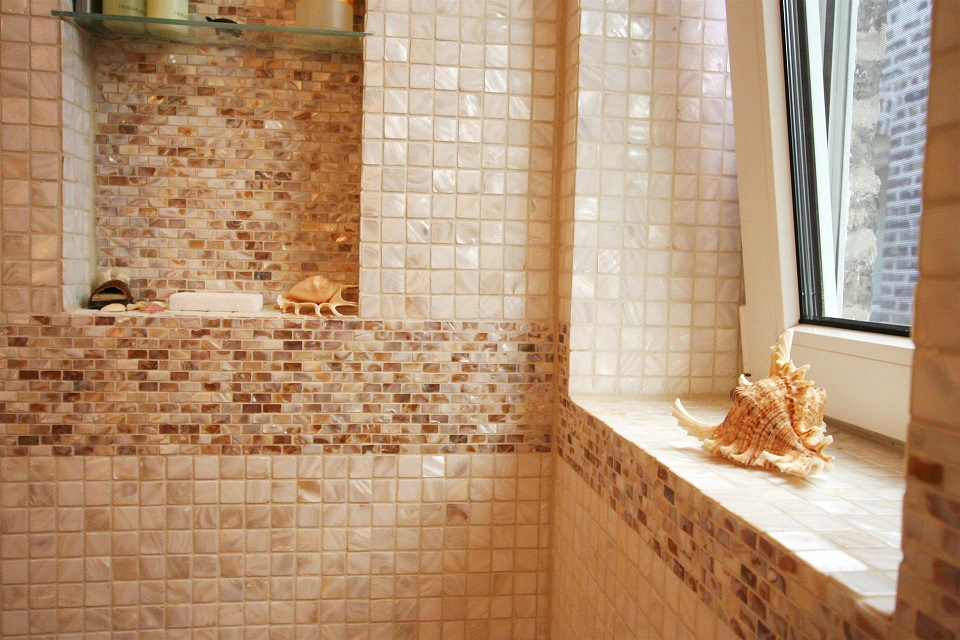
Shell mosaic is a relatively new finishing material. In fact, this is a polished inner layer of sea mollusk shells, almost identical in composition to pearls. Sometimes manufacturers glue whole shells on a base made of polymeric materials - such fragments are used as accents.
Content [Hide]
What determines the price, how to choose
From the quality of the shells themselves, the type of processing, the shape of the chip fragments (standard small squares cost less than hexagons or the same braid, for example).The cost of the material is affected by both the shade and the type of surface - the tiles are matte, polished.
On average, the price per square meter varies from 3,000 to 21,000 rubles. The first option is usually made from whole shells - there may be bumps, defects, stains on the fragments. Color - from light to dark brown. More expensive samples are made from large shells, the chips themselves in such a mosaic are thicker, plus the choice of colors is an order of magnitude wider - from pearl to light pink, gray, sand.
When choosing, pay attention to:
- price - if you order online, compare the offers of several sites (in specialized stores, finishing materials are usually not much, but cheaper than on marketplaces);
- manufacturer - all mosaics are imported mainly from China;
- reputation, reviews on the store - if you order material online (when ordering from Chinese sites, you should also pay attention to the seller's rating, conditions, delivery times).
As for brands, it’s more complicated - online stores usually indicate only the name of the collection and the country of origin, some are completely limited to only articles. Therefore, if you compare prices at different sites, then be guided not by the name, but by the technical parameters (thickness, chip size, distance between the seams, dimensions of the panel itself).
It is also worth paying attention to the manufacturer's recommendations - for what work the material is intended (universal, only for interior), for facing which surfaces (floor, walls, kitchen apron, fireplace, etc.).
This is important, because some samples are not designed for long-term exposure to high temperatures (the same kitchen apron next to the stove) and are not designed for high loads.That is, you can put a mosaic on the floor in the bathroom, but you can’t use it as a floor covering for the office.
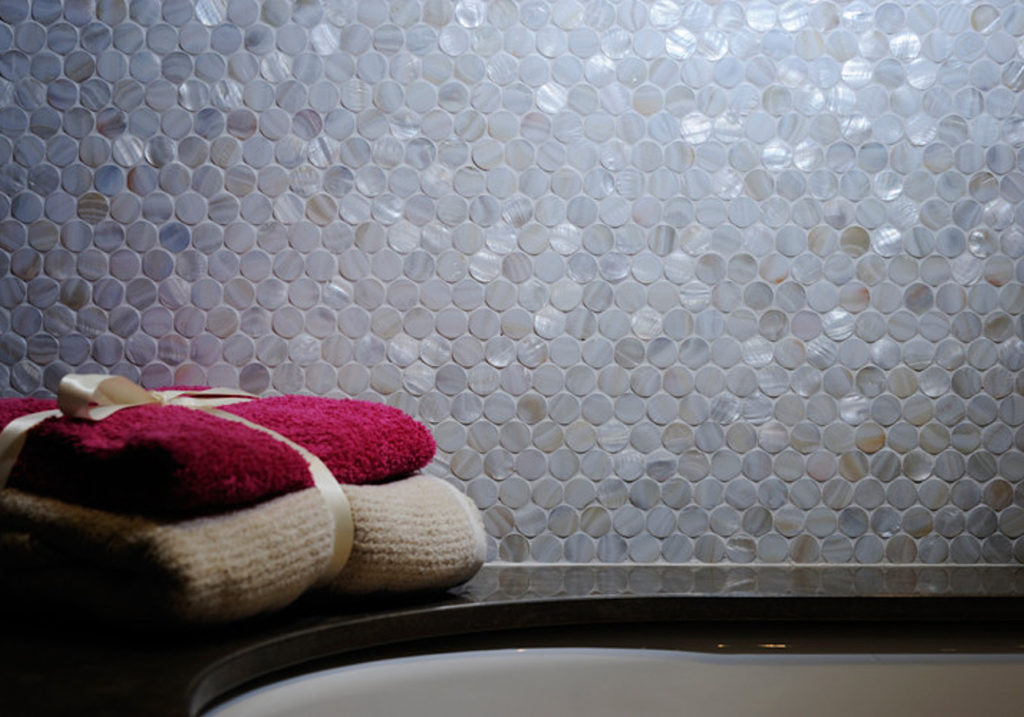
Pros and cons of mother of pearl
First, about the pros - this is a natural natural material with high decorative characteristics. Unlike the same glass mosaic, shell mosaic retains its original luster and color, without fading. So this mosaic can be used for outdoor decoration.
Mother-of-pearl perfectly tolerates both drops and moderately high temperatures, so it is often used to decorate the walls of hammams. It will also withstand a little heat from the stove - with this material you can close the apron in the kitchen. Due to the small thickness of the chips themselves (fragments pasted on a mesh base), they are used for pasting surfaces with complex geometry, such as arches.
Natural mother-of-pearl has a low water absorption coefficient, so it can be used for finishing rooms with a high level of humidity - walls in the bathroom, in the kitchen, in the pool. Plus, natural mother-of-pearl is resistant to mold, fungi, unlike any other material.
There are few cons. The first is the high price, and the complexity of care, mainly due to the textured surface. Simple cleaners with abrasives or acids should not be used to clean surfaces. Shell mosaics are made mainly in China. The price per square varies from 7,000 rubles to 21,000 per square, or from 600 rubles per sheet with an area of 0.06 or 0.09 m 2.
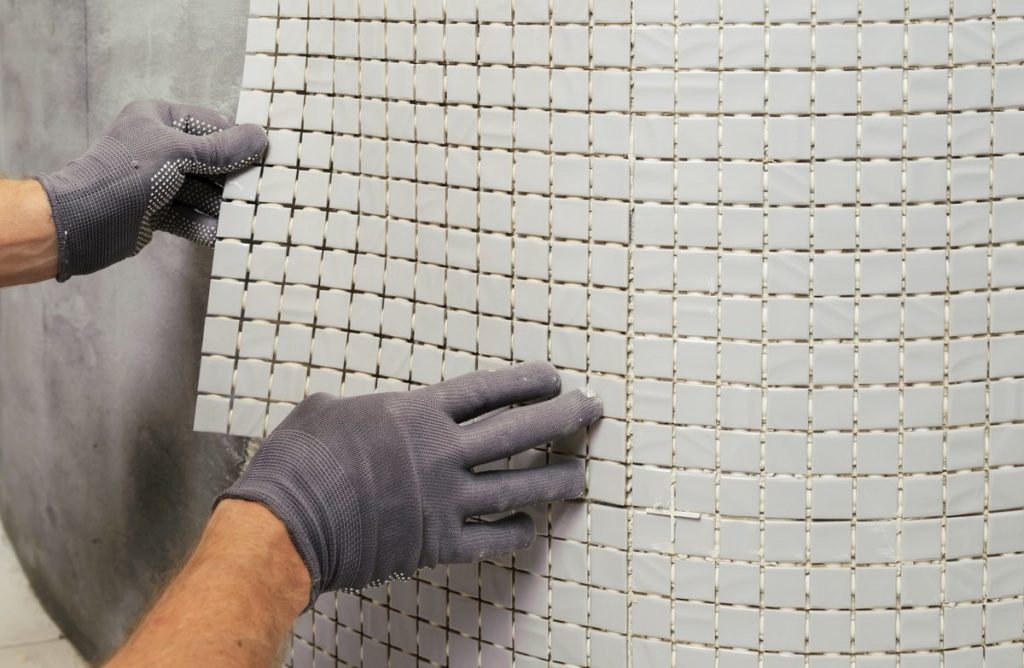
How to work with her
There are no special differences from laying conventional ceramic mosaics. Usually the fragments themselves are glued onto a mesh base, there are no problems with trimming the fragments to size.If you need to cut off the chips themselves, then it is better to use a tile cutter or roller cutters - convenient and safe. Just remember that during work, a piece of the mosaic can fly into your eyes, so you should follow the minimum safety precautions - goggles will definitely not be superfluous.
But as for the base and glue - there are features:
The base is perfectly flat. The tile can hide small dents by adjusting the thickness of the adhesive layer, such a trick will not work with a mosaic - it will simply duplicate all the defects, making them even more noticeable.
Now about adhesives. You need to take special ones, for mosaics - these usually come in light shades, from light gray to white and cream. This is about the walls. For decorative finishing of furniture, kitchen worktops, it is better to take mastics, sealants. It is better not to use ordinary tile adhesive.
To work, you need, in fact, a mosaic, a rubber, notched trowel for glue, a rag to remove excess adhesive and grout. Plus scissors or clerical but for cutting tiles and a tile cutter to fit the chips to the desired size. Crosses, which are used for laying tiles, are not needed at all.
Operating procedure:
- Leveling the base - if you are going to glue it on drywall walls, then this item can be skipped by itself.
- Apply adhesive, then go over the adhesive with a notched trowel. This is necessary for a tighter fit of the mosaic on the base. And, yes, it is better to take a spatula with a fine tooth.
- Attach the mosaic, smooth it with a rubber spatula (you can just use your hands) - the base mesh rests on the glue without much difficulty. You don't need to press hard, just tapping movements are enough.
- After that, it remains to wipe the seams.The color of the grout depends on the shade of the panel. If the chips are tightly fitted to each other, then the grout is not needed at all. The main thing here is to remove excess glue at the joints of the tiles in time.
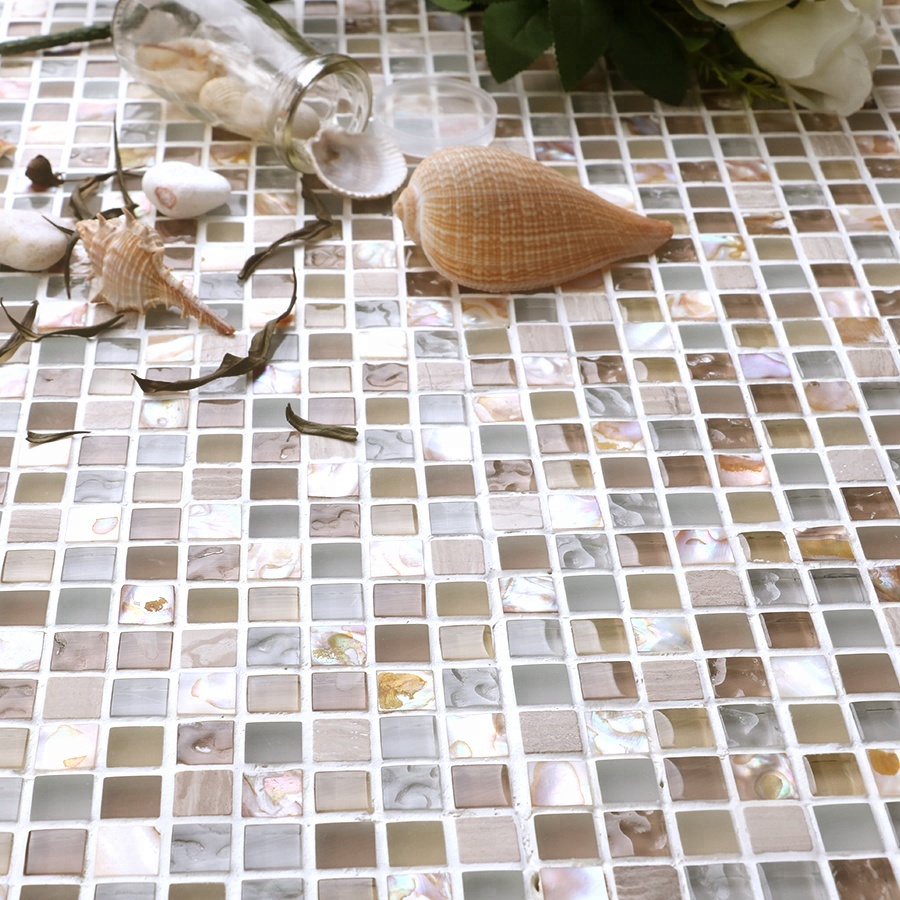
On countertops or when partially finishing furniture, it is better to use sealant instead of glue. The main thing is to make sure that the applied layer is not too thick, and the excess does not fall on the mosaic fragments themselves. It is unrealistic to wipe off the hardened sealant from the mother-of-pearl surface.
And yes, you have to work fast. The sealant tightly holds the mesh, so it will be impossible to re-glue an incorrectly laid fragment.
Glass analogues
A cheaper option for finishing with a mother-of-pearl effect is glass mosaic. It looks like shell tiles, plus the choice of colors is an order of magnitude wider. They stand, though mother-of-pearl and glass are about the same.
Of the pluses - the "pearl" iridium coating is durable, does not wash off, you can wash and clean anything. True, if you can’t stand the stains on the tiles, take light shades, the dark mosaic after each wash will also have to be wiped with a dry cloth.
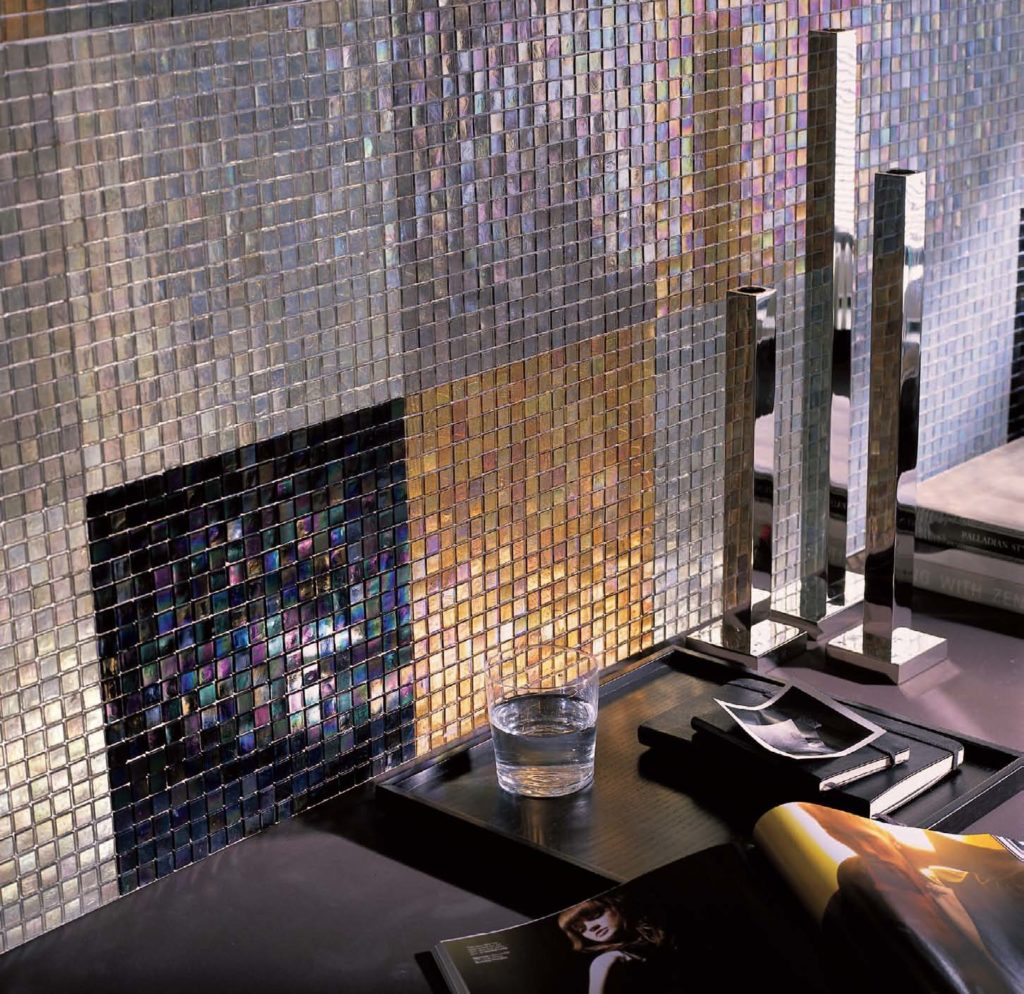
Of the minuses - the fragility of the chips. They easily split at the slightest impact (if you decide to drill on an already mounted tile, it is better to take a professional tool), on inexpensive materials they fall off the base mesh. Therefore, what to store, what to transport the tiles is better in a straightened form, do not try to twist or bend them.
The best shell mosaic for 2022
Nacre
ARTENS
votes 0
Panels with square chips 2 mm thick, on a grid. A relatively budget option, suitable for wall cladding (bathrooms, kitchen aprons). Possesses low coefficient of water absorption, is not afraid of a mold.True, it is not suitable as a floor covering and decoration of pool bowls.
The country of origin is China, the sheet size is 30.4 x30.4 (11 plates are needed per 1 m2), the price is 488 rubles.
- good quality - users put a solid 4;
- looks good - chips in plates of different shades, from white to light brown, form something like a chaotic pattern;
- light weight - such material can be glued to plasterboard structures, such as plumbing boxes or decorative fireplaces.
- no.
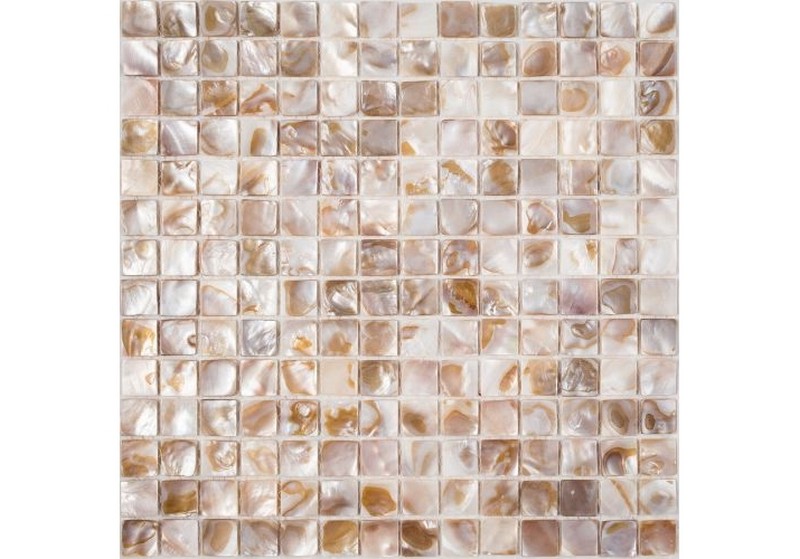
Sensa Mermaid
votes 0
Natural color with a beautiful pearly sheen. Suitable for bathroom walls, swimming pools, kitchen countertops, bar counters or just for furniture inlay. It does not lose its original gloss, does not fade, and easily tolerates cleaning with mild detergents.
The grid is strong, when the tiles are bent, the chips remain in place (which simplifies and speeds up the work). The color of the chips is from white to light brown, since whole polished shells are used for production, and not just their inner part.
Country of origin - Russia, tile size 300x300 mm, chip thickness 2 mm, price - 490-1100 per piece. (depending on the store).
- environmental friendliness;
- natural shade - will fit into almost any style, will be combined with any color of furniture;
- ease of care;
- decent service life.
- chip thickness - it is better not to use such panels for the floor.
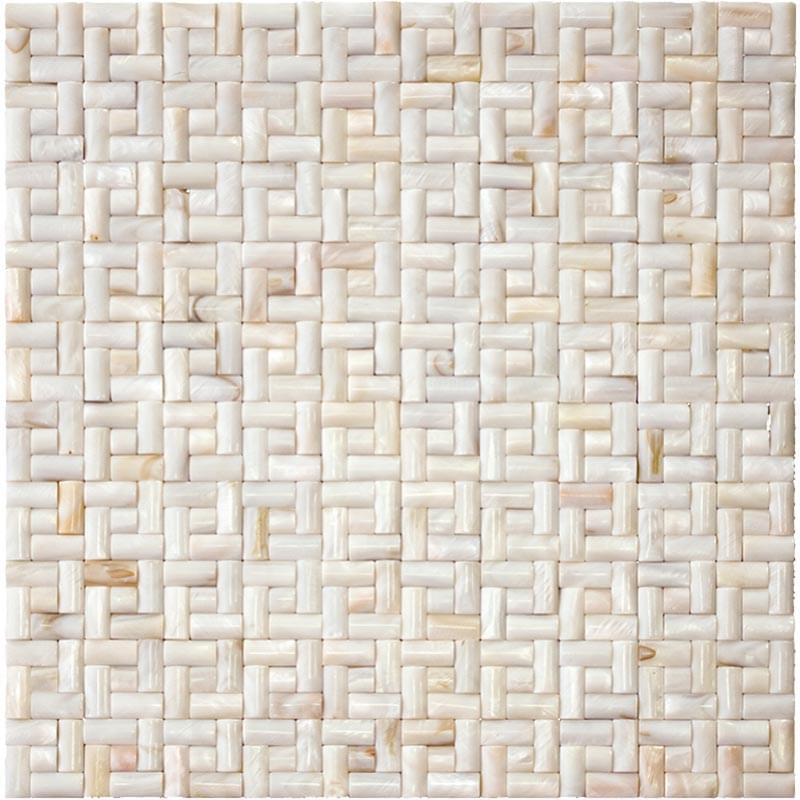
Shell
votes 0
It looks unusual because of the location of the fragments on the base - it is something like a braid of identical pieces of polished mother-of-pearl. With such panels you can finish the kitchen apron, the walls in the bathroom.
Color - milky, interspersed with light brown, neutral. The brilliance is bright, by the way, this is one of the few specimens that really strongly resemble pearls in appearance. The mesh is strong, flexible, the fragments on it are held firmly. Cutting can be a problem (braid is harder to fit), but other than that it's a good option.
Country of origin - China, panel size - 300x300 mm, chips - 10x20 and 10x10 mm, price - 3100 rubles.
- design;
- minimum water absorption;
- resistance to moderate heat;
- neutral shade;
- beautiful pearl shine.
- no.
![]()
natural pearl
votes 0
The name actually speaks for itself. If you were looking for a coating for a kitchen backsplash or furniture inlay (the same countertop), then this is the one. Uniform milky-white shade of chips with a soft sheen, plus the high quality of the mother-of-pearl itself. The material is suitable for walls, floors, kitchen apron. Not afraid of mold, fungus.
Due to the small thickness of the chips and the light weight of the panel itself, it can be used for finishing plasterboard structures. Well, working with panels simply because of the shape of the fragments - small squares of 20x20 mm in size.
Country of origin - China, tile size 305x305 mm, chip thickness 3 mm, price - 3000 rubles.
- neutral shade;
- ease of installation;
- versatility.
- no.
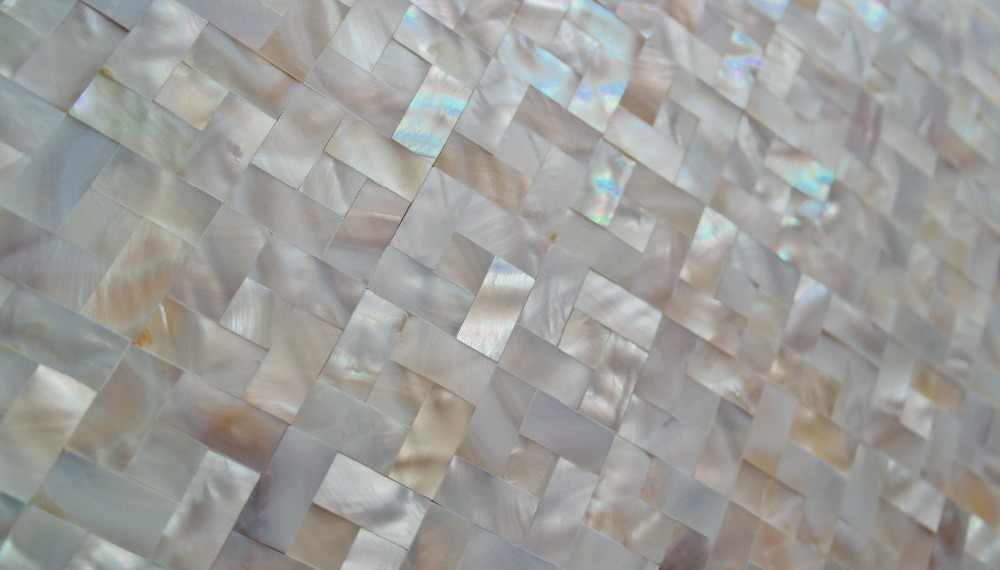
Faithful companionship
votes 0
This is the name of the store on Aliexpress (there is no exact name for the tile itself). Delivers a mosaic with square standard chips of 2 types - with and without seams. The second option after installation resembles a monolithic mother-of-pearl coating. Photos of finished interiors and the use of mosaic decoration on the seller's page, by the way, are also available.The base is a polymer mesh, the shades of the fragments are from white to dark brown.
Tip - take it with a margin, you won’t be able to buy a couple of panels, the product is sold in boxes, 10-11 pcs. in the package (this is 1 m 2).
The country of origin is China, the price is 2060 rubles (tile, 30x30 cm in size).
- good quality;
- several shades to choose from;
- suitable for mounting on surfaces with complex geometries.
- no.
Analogs from glass with mother-of-pearl effect
If finishing materials from natural mother-of-pearl are supplied mainly by China, then with glass the choice is wider. You can find samples of Spanish, Italian production.
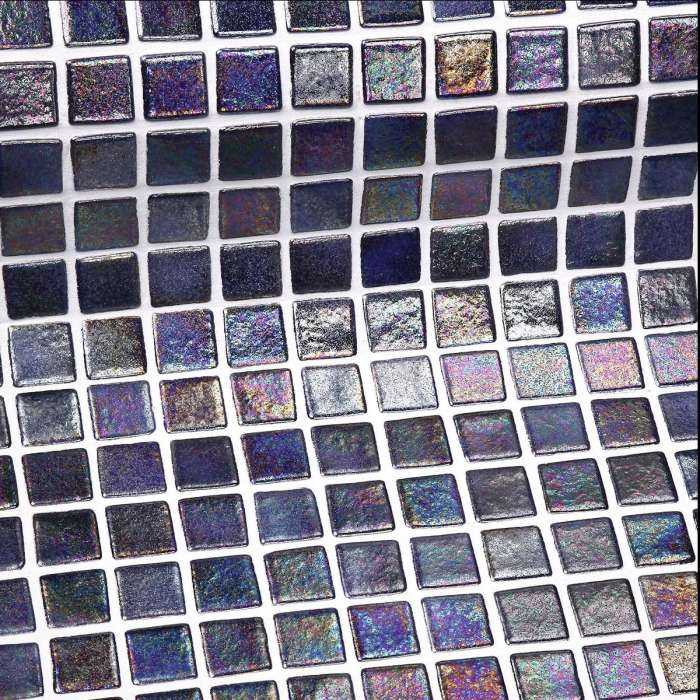
Antislip Eco
votes 0
Universal purpose, can be used for finishing walls and floors (anti-slip surface), in rooms with a low load. The collection has a wide selection of shades, from blue to cream, black, green and sand. The chips are standard, square, 25x25 mm in size, 5 mm thick.
Manufacturer - Spain, sheet size - 365x365 mm, price - 855-1800 rubles per tile (depending on color).
- universality;
- anti-slip effect;
- many shades;
- strong attachment to the grid - the chips will not fall off during operation.
- a decent difference in price - you will have to pay more for a dark one than for a light one (with absolutely the same thickness of glass chips and dimensions of the sheets themselves).
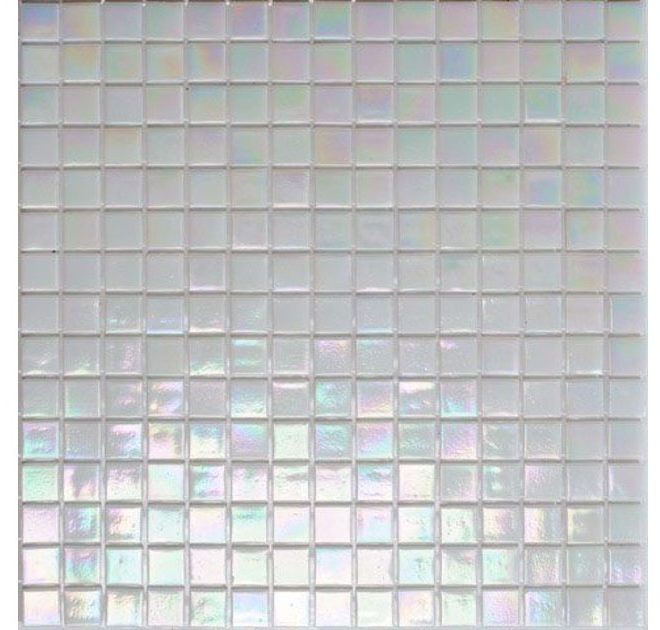
Pearly
votes 0
With paper base. Suitable for swimming pools, walls in the bathroom and in the kitchen. According to the manufacturer, it is not afraid of changes in temperature and humidity. The “mother-of-pearl” coating is durable, however, it has little in common with its shell counterpart.Otherwise, a good, and relatively inexpensive solution.
The manufacturer indicates that the tile can be used as a floor tile, but there is no mention of an anti-slip effect.
Country of origin - China, sheet size 327x327 mm, price - 462 rubles.
- price;
- universal shade - you can paste over the entire bathroom or make one accent wall;
- good adhesion to the base.
- the quality is average, marriage may come across.
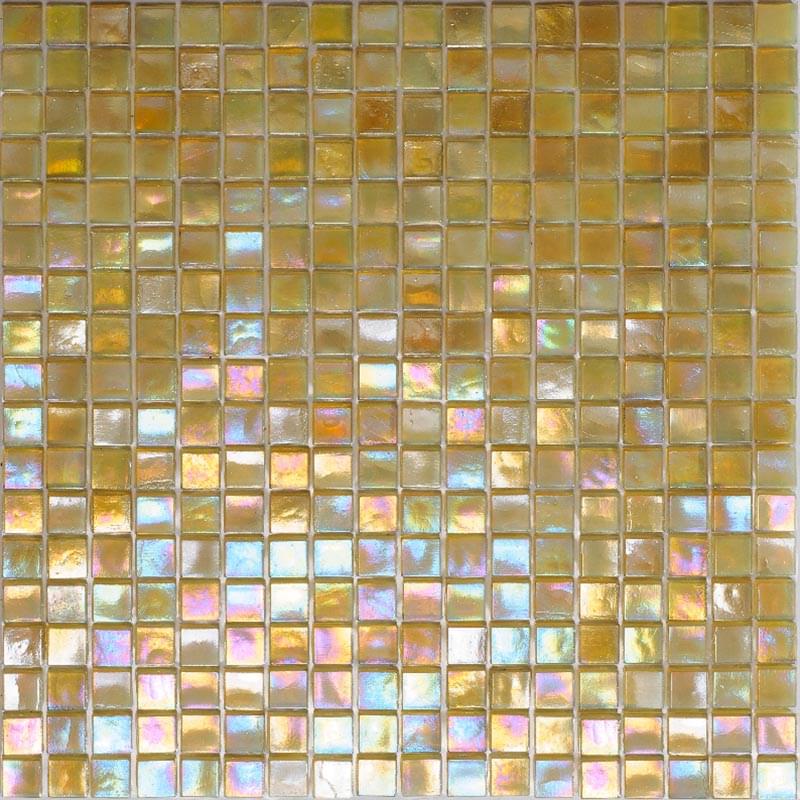
Flicker
votes 0
With iridium, abrasion resistant coating. Not afraid of temperature changes, suitable for indoor and outdoor use, as a wall, floor covering in the bathroom. Such a tile is not suitable for a kitchen apron - it will not survive long-term heating.
Country of origin - China, size 295x295 mm, chip thickness 4 mm, price - 655 rubles.
- it looks good, however, it is better to wipe the drops of water from the surface immediately - after drying, whitish stains remain;
- durable coating - can be washed by any means, with the exception of acid-containing ones;
- simple installation.
- unreliable fastening of chips to the grid - you need to work carefully;
- glass fragments do not tolerate drilling well - they can break;
- cutting chips is better with special tools.
Some Helpful Tips
First - take the plates with a margin. Shades in different batches may vary by a couple of tones. If this is not so noticeable on a light mosaic, then on a dark one the color mismatch will be very striking.
Secondly, it is better to take adhesive compositions from the middle price segment and dilute the adhesive exactly as recommended by the manufacturer.
Third - do not use a metal spatula to smooth the panels - scratches will remain on the glass or mother-of-pearl, and glass chips can be completely split.
Fourth, glass, even with a protective coating, not to mention mother-of-pearl, should not be washed with hard sponges. From them, small scratches remain on the surface of the mosaic, which make the tile dull.
And finally, in order for the mosaic to retain its original appearance for a long time, do not use any aggressive detergents.
new entries
Categories
Useful
Popular Articles
-

Top ranking of the best and cheapest scooters up to 50cc in 2022
Views: 131664 -

Rating of the best soundproofing materials for an apartment in 2022
Views: 127702 -

Rating of cheap analogues of expensive medicines for flu and colds for 2022
Views: 124528 -

The best men's sneakers in 2022
Views: 124045 -

The Best Complex Vitamins in 2022
Views: 121950 -

Top ranking of the best smartwatches 2022 - price-quality ratio
Views: 114987 -

The best paint for gray hair - top rating 2022
Views: 113404 -

Ranking of the best wood paints for interior work in 2022
Views: 110331 -

Rating of the best spinning reels in 2022
Views: 105337 -
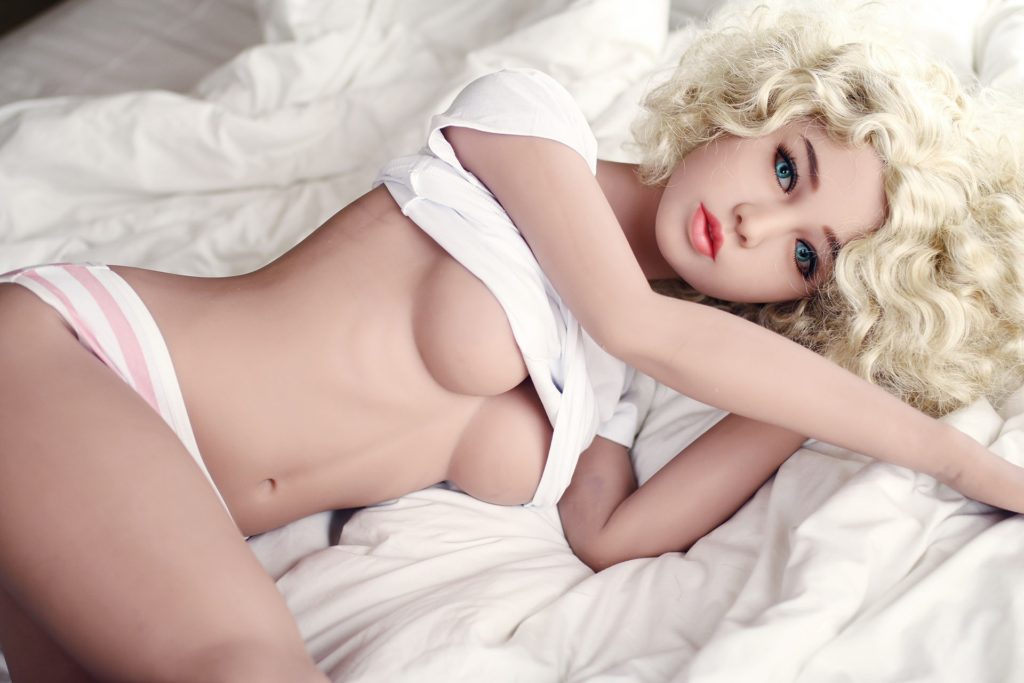
Ranking of the best sex dolls for men for 2022
Views: 104378 -

Ranking of the best action cameras from China in 2022
Views: 102225 -

The most effective calcium preparations for adults and children in 2022
Views: 102019
